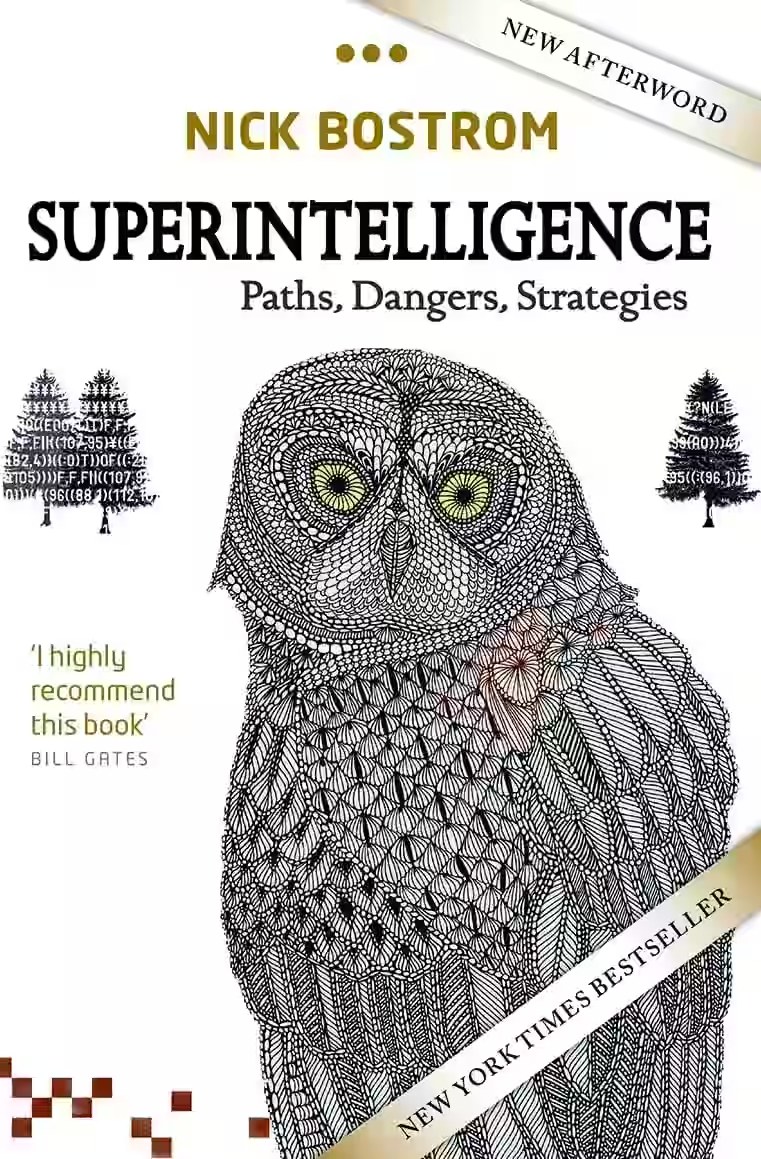
In 'Superintelligence: Paths, Dangers, Strategies' by Nick Bostrom, the author delves into the future scenarios where artificial intelligence surpasses human intelligence and the potential consequences and strategies to navigate this new era. Bostrom explores the paths that could lead to the emergence of superintelligent machines, the existential risks they might pose, and the ethical dilemmas surrounding their development. Through a meticulous examination of various disciplines, from philosophy to computer science, Bostrom presents a thought-provoking and comprehensive analysis of the implications of superintelligence. This book challenges readers to contemplate the profound impact of AI on our future.
About Nick Bostrom
Nick Bostrom is a Swedish philosopher and author known for his contributions to the field of existential risk, artificial intelligence, and ethics. Born in 1973, Bostrom earned his Ph.D. from the London School of Economics and founded the Future of Humanity Institute at the University of Oxford. He has authored several highly acclaimed books, including 'Superintelligence: Paths, Dangers, Strategies' which explores the implications of advanced AI. Bostrom's work delves into thought-provoking questions about the future of humanity and the ethical implications of technological advancements. His pioneering research has had a profound impact on the intersection of philosophy, science, and ethics.
Similar Books
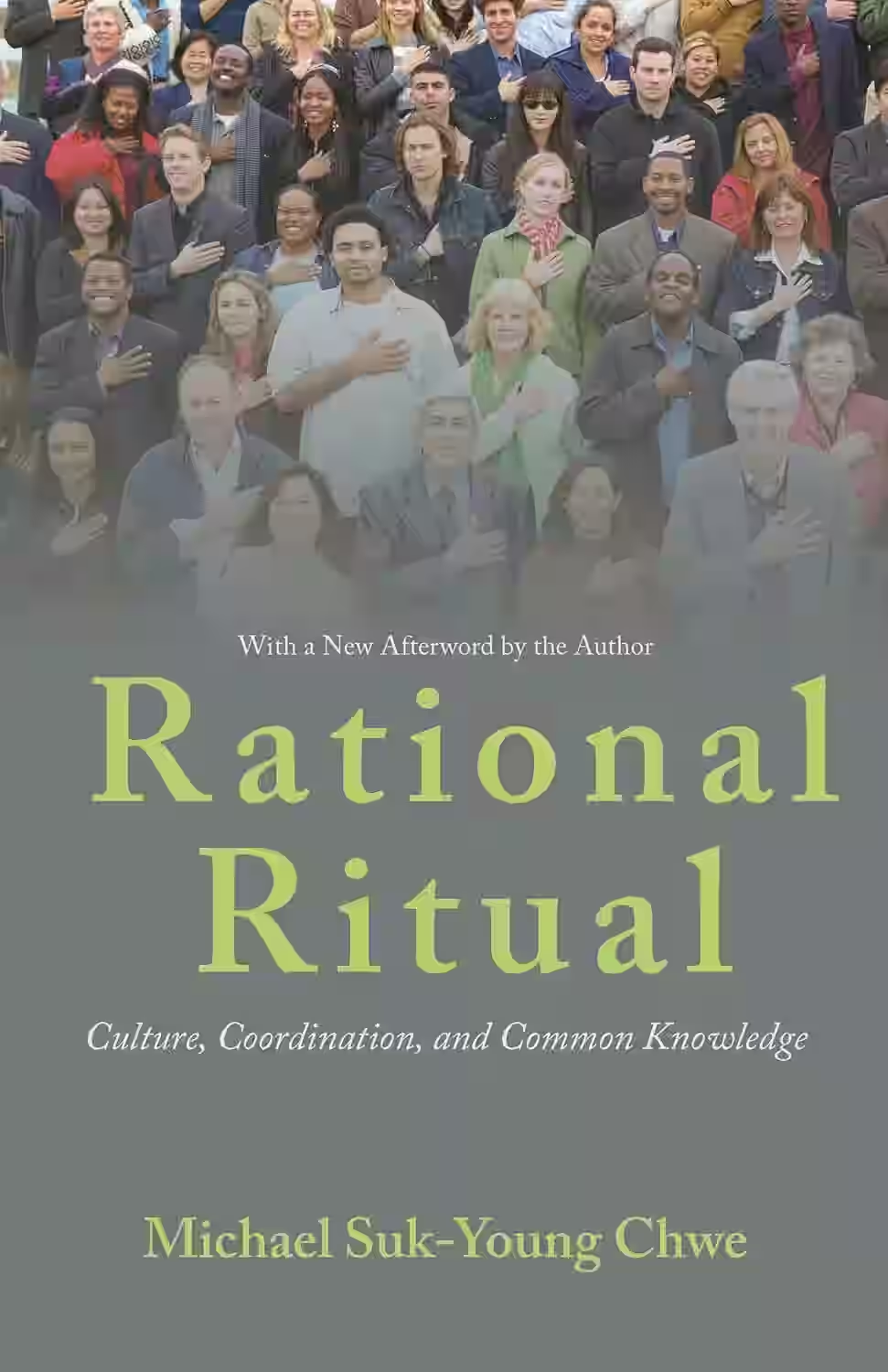
Rational Ritual
Rational Ritual explores how rituals—from presidential inaugurations to sports events—create common knowledge, a shared awareness that everyone knows everyone knows. Chwe, a game theorist, argues that these shared experiences are vital for coordination in society. By applying game theory to cultural rituals, he sheds light on why such practices persist and how they help societies function. The book offers unique insights into advertising, politics, and social networks. Zuckerberg recommended Rational Ritual for its relevance to online platforms, where creating and managing shared experiences is key. It’s an intellectually stimulating read for anyone interested in the intersection of culture and logic.
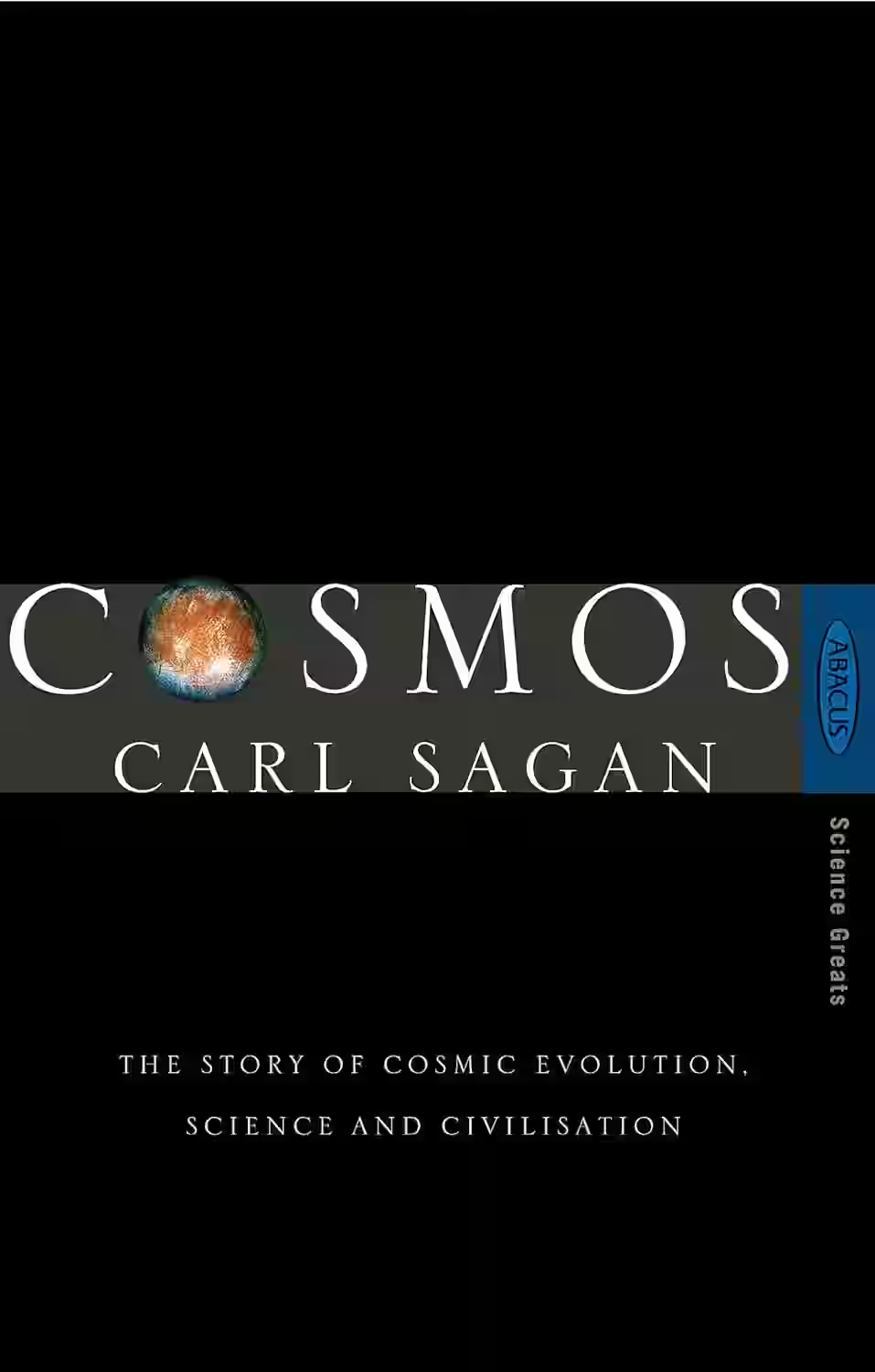
Cosmos
by Carl Sagan
In Carl Sagan's 'Cosmos', readers embark on a thrilling journey through the vast cosmos, exploring the wonders of our universe and humanity's place within it. With profound insight and poetic prose, Sagan delves into topics like space exploration, evolution, and the origins of life, bridging science and philosophy seamlessly. Through this masterpiece, he ignites a sense of curiosity and awe, urging us to ponder our existence and the mysteries of the cosmos. 'Cosmos' not only educates but also inspires readers to embrace science and reason, fostering a greater appreciation for the interconnectedness of all things.
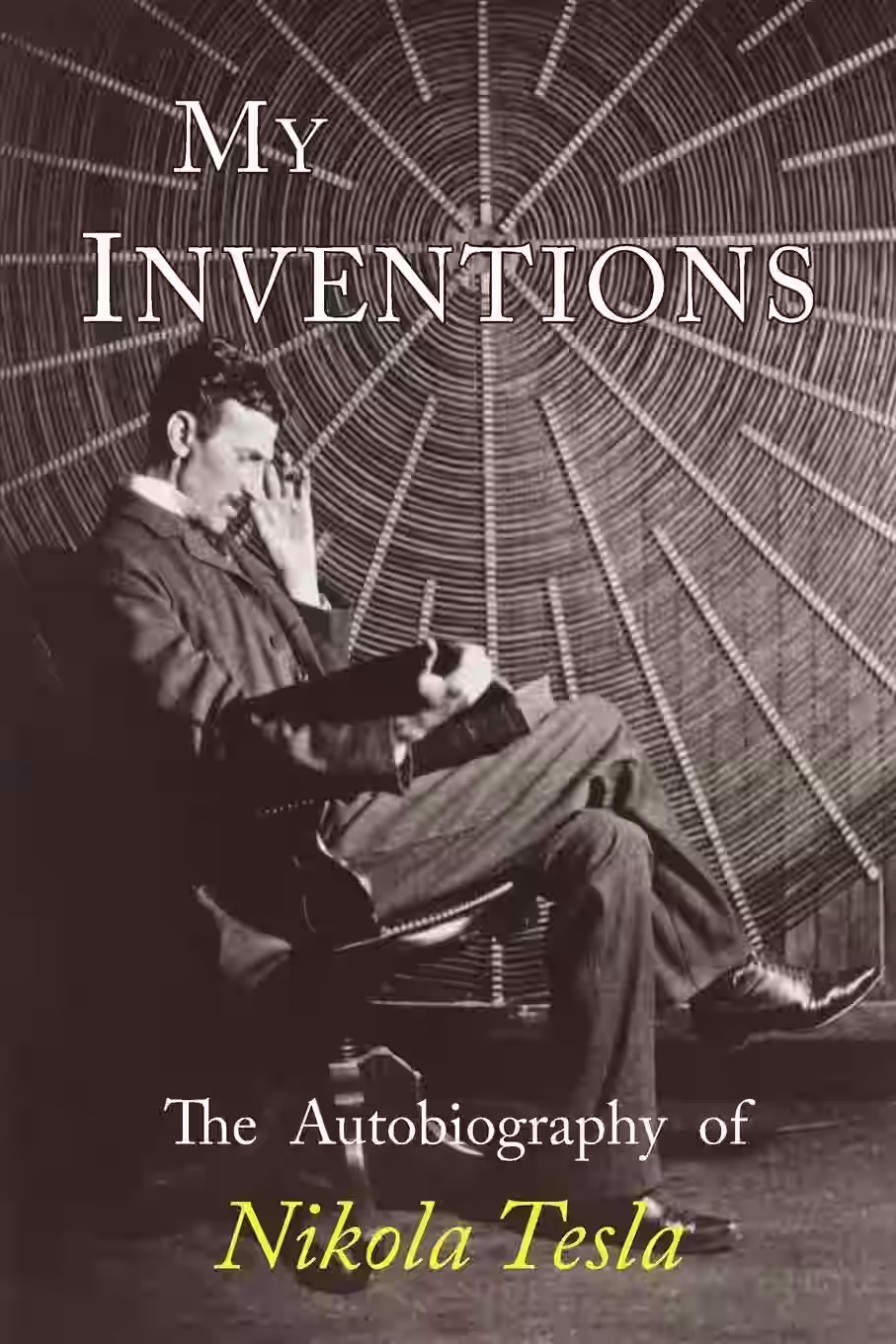
My Inventions: The Autobiography of Nikola Tesla
by Nikola Tesla
Nikola Tesla (1856–1943), a visionary of the electronic age, pioneered much of modern electrical and communication systems. His groundbreaking work included the alternating-current system, radio, the Tesla coil, wireless transmission, and fluorescent lighting. Despite his monumental contributions, Tesla's genius was often misunderstood, leading to others being credited for his innovations. This volume, originally a 1919 magazine series, offers Tesla's own account of his life, from his Croatian boyhood and European education to his collaboration with Edison and his subsequent revolutionary research. Written with wit, his memoir provides fascinating insights into the mind of a true scientific pioneer, covering his early life, inventions, and key discoveries like the rotating magnetic field and telautomatics.
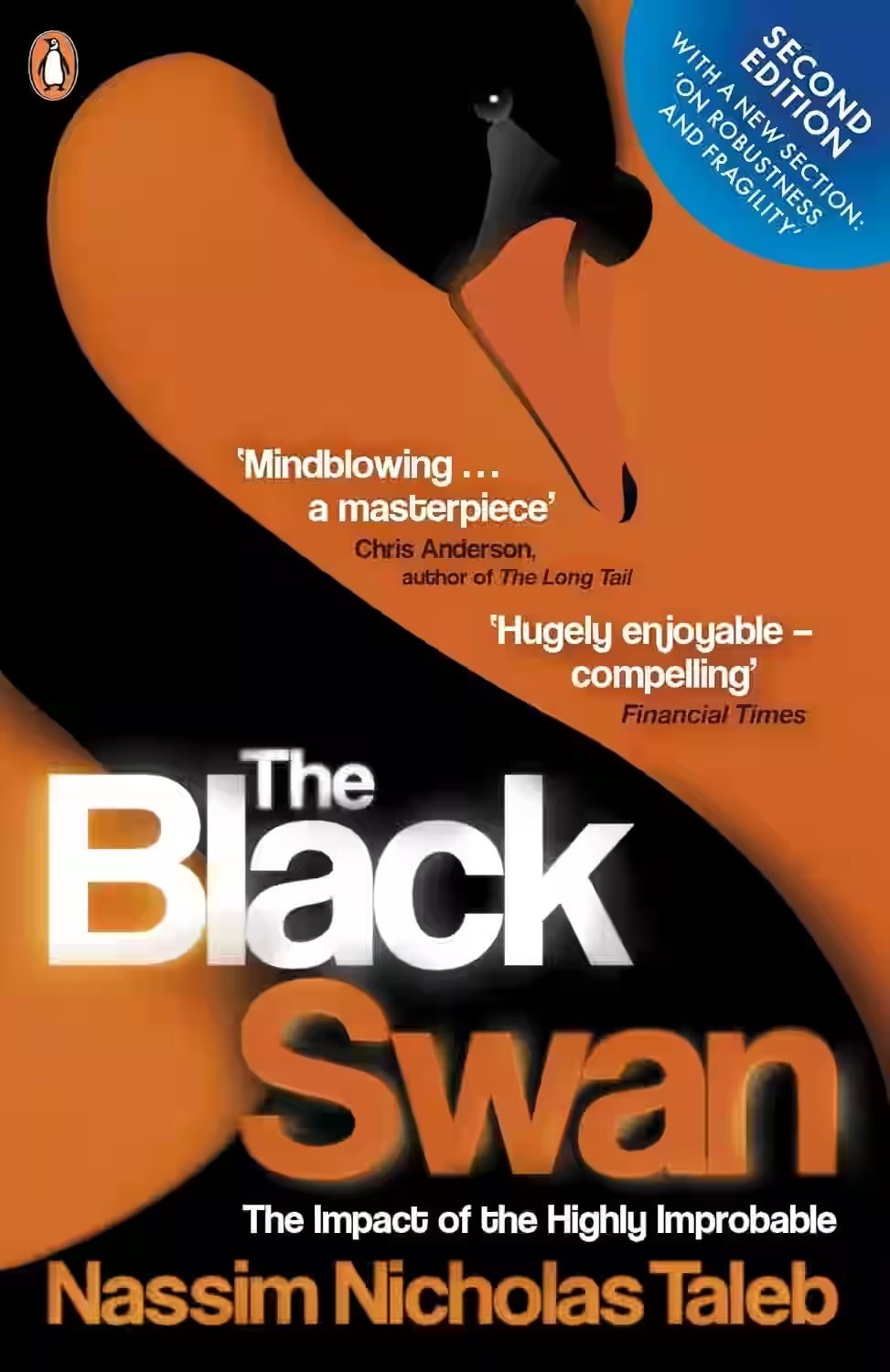
The Black Swan
Series: Incerto (#2)
The Black Swan explores the profound impact of rare, unpredictable events—what Taleb calls “Black Swans”—that lie outside normal expectations but have massive consequences. The book challenges traditional forecasting and risk models, arguing that humans consistently underestimate uncertainty. Taleb illustrates how randomness and surprise shape history, from financial markets to scientific breakthroughs, and advocates for antifragility—systems that benefit from disorder. Combining philosophy, probability theory, and anecdotal insight, The Black Swan is a provocative critique of modern thinking and a call to embrace humility in the face of complexity. It’s a transformative read for anyone making decisions in uncertain environments.